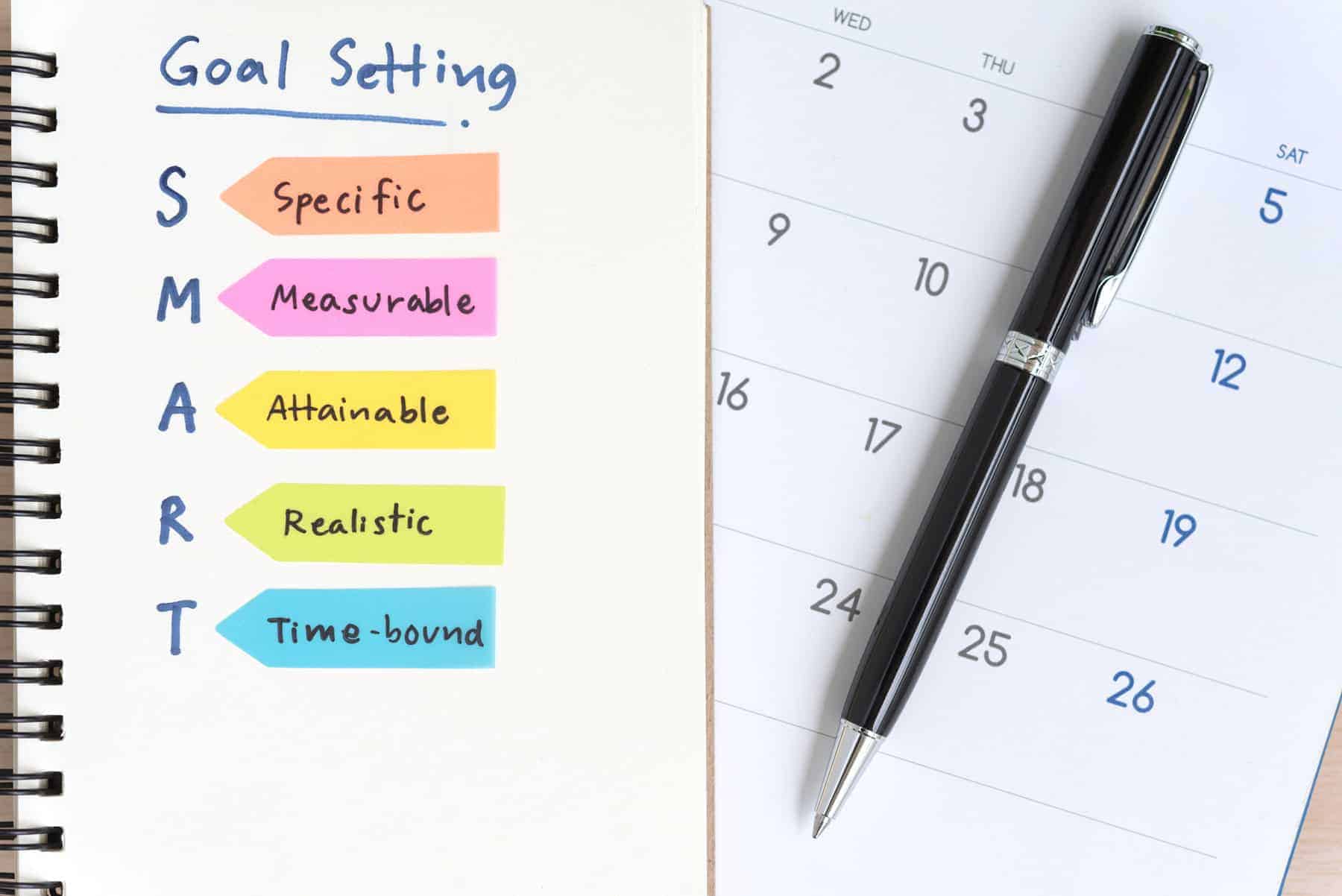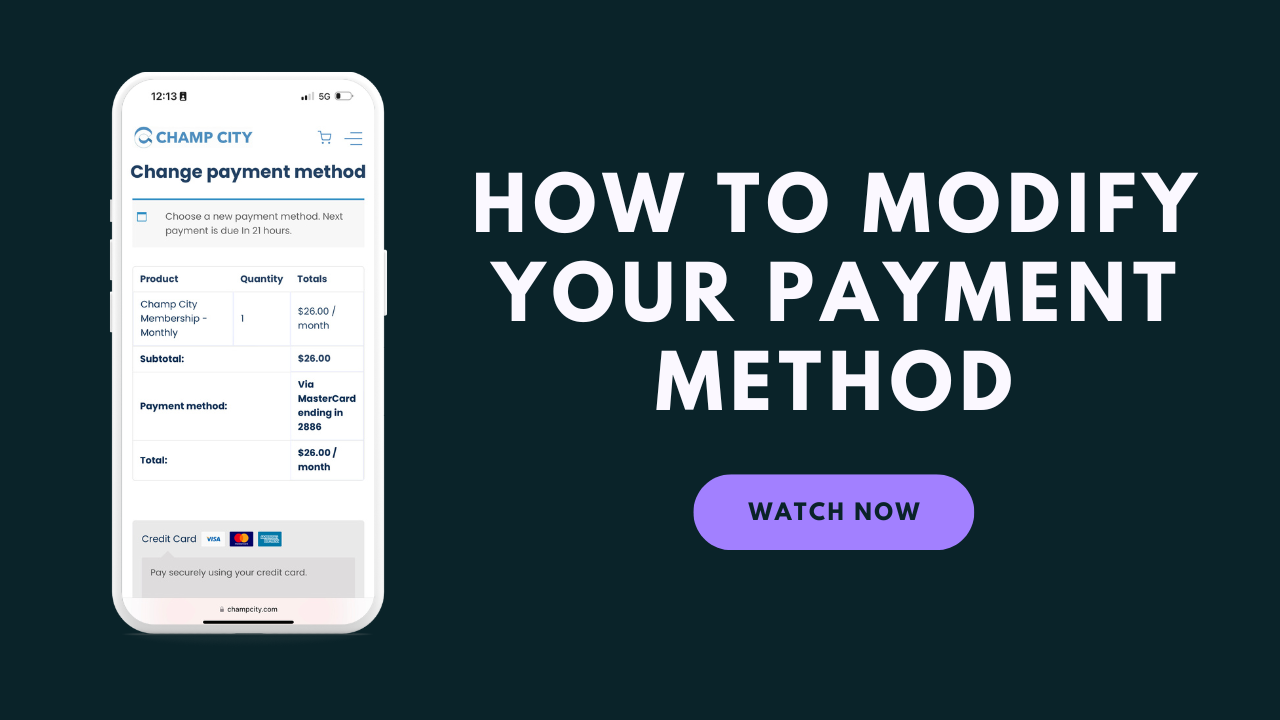Setting goals is exciting, and there’s nothing more gratifying than achieving them. For some, the beginning is easy, until they lose steam and just stop. Others try to put things off for the right timing, the right inspiration before starting out (But it probably won’t come. There will never be perfect timing for anything).
Here’s what those scenarios have in common: the seeming lack of commitment to the goal. Wanting something so badly and committing to it for the long haul are two worlds apart.
How do you stick to your plans? How do you make sure you practice that consistency?
Relying on your energy bursts and seasonal willpower is why New Year’s resolutions last about one week or one month. Motivation and willpower depletes. They’re not reliable foundations of success.
You need to act smart by making accountability your backup power source. Accountability incentivizes us to work for the long-term.
How Accountability Formulates Success
Accountability works because you have to answer to someone or put yourself in the spotlight.
It’s all well and good to say you’ll lose weight in the privacy of your journal. But when you announce that on Facebook or even just your own family, you’re onstage and you have to perform.
You’ll have to report to your boss why if you failed to finish your task on time or you’ll have to answer to your partner when they find out you’re smoking again.
Let’s admit it, discipline is easier when there’s something important at stake, like your pride, your reputation at work, or your household’s peace and quiet. When you have someone to scold you and stop you from bingeing on your sixth bag of cheese balls or buying the first bag in the first place, it’s just more effective.
The outer (or inner, depends on who you’re accountable to) voice of ‘conscience’ teaches you to become more disciplined, or simply pushes you to avoid consequences or undesirable outcomes from falling short.
Accountability And Responsibility
Accountability is different from taking responsibility, although both are important.
Responsibility is even unspoken in some cases, implicit, a private matter.
But when you’re accountable for something, you answer to someone to get it done.
“This is your job” is a statement of responsibility when it’s in your own head.
“This is your job” is accountability when it’s your boss or colleague who says it.
“This is your job to deliver by the end of the day” is even better.
There’s a shift when someone else knows about what you’re supposed to do and when you add that timeline. There’s an even bigger shift when you have a boss or client at the other end of that delivery.
So many goals and resolutions just fail because you are your own boss.
Hacking accountability makes someone else– whether it’s someone specific like your trainer or a vague concept of the people on your social media– your boss to give you that push to actually get things done.
How Wellness Goals Benefit From Accountability

More than just planning, holding yourself accountable for your wellness goals like your life depended on it, allows you to look at them with fresh eyes. You keep track of your actions and progress, and if you make mistakes, you know you have to fix them.
Relaying your goals to a person or group of people and holding yourself accountable is a challenge. But it compels you to make proactive choices that create improvements, whether you want to start losing weight or quit unhealthy cravings.
You Gain A Solid Foundation For Your Wellness Goal
With your goals rooted in accountability, you get yourself goals and deadlines. It’s no longer a matter of inspiration that fades after minor setbacks.
You will no longer fall for excuses like, “Ah, I was swamped with work.” or “I’ll just start next month.”
Your wellness goal is no longer a choice. It’s a must, a part of your everyday life. Though, it’s also important to recognize that it’s more than just a chore, it’s passion fueled with a purpose. With accountability, you start strong and finish stronger.
You Increase The Quality Of Your Performance
When you’re on your own, it’s easy to become lax because no one will call you out for it.
But with your performance open for judgment, you are pushed to work harder and give it everything.
More often than not, you’ll notice that being accountable for your work inspires you to do beyond what you usually thought you could do. It makes you step out of your comfort zone. It gives you pride when you do so!
You Get A High Chance Of Succeeding
Accountability reduces the time and effort you put into unproductive activities that don’t contribute to your goals. When you make yourself accountable for your actions, you teach yourself to be efficient.
For example, you joined DietBet, where you play to win money by losing weight. You don’t just put the money in the pot for nothing. You want to win it back by ticking off your weight milestones in the time period set in the games.
If you posted your goal and your journey on social media, your community will look up to you and might give you congratulatory messages once you achieve this or that milestone.
It’s a wonderful cycle of pushing to succeed and public milestone successes motivating you even more to keep working to succeed.
You Become Stronger And More Confident
You become stronger and more confident in speaking about your goals because you know you can achieve them. It’s another happy cycle of first talking about your goals for accountability, accountability helping you achieve your goals, and also making you confident to talk about them.
Sometimes, talking about them gives you that push to walk the talk.
Setting A Strategy Rooted In Accountability
You can have the greatest idea, talent and ambition in the world, but you won’t succeed until you take consistent steps to put those concepts into action. It’s not about starting hot and crashing. It’s about coming up with a feasible strategy that consistently holds you accountable moving forward.
- Set SMART Goals – (Specific, Measurable, Achievable, Realistic And Time Bound)

A study says that goal setting is an effective technique in behavior change that’s beneficial for our success (1). But that’s if your goals are doable enough and are not overarching.
Working towards SMART goals can help you improve your chances of achieving success. Clearly define your goals and track them against a benchmark so you know if you’re getting closer to achieving them.
Make your goals challenging, yet achievable and relevant to your lifestyle, resources and fitness level. Think about why you want to achieve your wellness goals. Perhaps you want to be stronger and healthier to keep up with your children. This is a meaningful goal that can push you to be more committed to working towards it.
Lastly, plan a realistic time frame for your goals. Setting a start time and a deadline helps you break down your tasks into smaller milestones and come up with a realistic plan on how to achieve them. When you set a time frame for yourself, it’s easier to plan the time you have to dedicate to a specific milestone.
Your goals can all be SMART but still fail without accountability. Tell people about your deadlines or make bets on specific numbers. Anything that can make you accountable in achieving your milestones in a specific period of time.
- Put Your Name On The Line.
We strive better if it’s our name at stake. We don’t want to lose, and this is a good way to motivate ourselves towards achieving our wellness goals.
You can set a bet with a family member or a friend that you’ll achieve a specific milestone. It doesn’t have to be monetary, it can be volunteering to do an additional chore or favors for them.
If you’re on a fitness app like MyFitnessPal and DietBet, use your actual name and/or photo. Just be careful about other personal information. You’ll be fine.
- Find A Wellness Partner.

A study suggests that finding a workout companion helps you increase the amount of exercise you take (2). It’s even better if your partner has the same goals and/or is emotionally supportive and motivates you to always do your best.
It’s always easy to ditch your workout session when you’re by yourself. But when someone is counting on you to meet them at the oval for an early morning jog, it’s almost impossible to skip. Having a workout buddy helps you keep going.
It’s also encouraging to have someone by your side to cheer you up between sets. Having someone who says “You can do it,” helps you start strong and finish stronger. Sometimes, it’s all we need to stay motivated.
- Record Your Work.
One of the best ways to make yourself accountable is by creating a work diary or a video diary. Keep track of your goals and progress so you know you’re actually moving closer towards achieving them.
Record yourself talking about your goals, doing squats or lifting weights. Or take pictures in your favorite clothes every week and see the progress in the fit.
Recognize and acknowledge your progress no matter how small it may be. Regularly reviewing your progress allows you to see how far you’ve come and can kick your motivation up.
- Take Your Goals To Social Media.
Sharing your workout plan and goals on social media before you start working on it helps you stick to the plan better. Let your Facebook friends and Twitter followers know about your wellness goals.
A simple tweet saying “Alarm set for 5AM for a 15-mile run tomorrow” or publishing vlogs on YouTube for each milestone can help you keep yourself accountable to your workout routine because you know your followers will anticipate your progress moving forward. You can even gain encouraging messages from your friends to motivate you.
- Set Up A Reward System.
Rewards work. There’s a reason we use treats for training animals. Create a workout log and attach a specific reward for hitting each milestone. Every reward has to be something you really want. For example, a bucket list trip is waiting for you once you lose 10 pounds this month. Or maybe a serving of your favorite dessert.
After completing a specific exercise for a day or week, indulge in a reward. Taking time to celebrate your success, big or small, is a huge factor in holding yourself accountable because it builds your momentum and helps you stay focused.
Accountability Builds Sustainable Habits That Lead To Achieving More Goals.
Practicing accountability improves your self-discipline and builds sustainable habits that achieve long-term results. Once you’ve successfully completed your wellness goals with accountability, you are well on your way to achieving more goals.
Hiring a wellness coach is also beneficial for keeping you on track with your goals. Contact Champ City today and let our experts help you create a personalized routine tailored to your lifestyle.
Resources:
- Epton, T., Currie, S. & Armitage, C. (2017) Unique effects of setting goals on behavior change: Systematic review and meta-analysis https://pubmed.ncbi.nlm.nih.gov/29189034/
- University of Aberdeen (2016) A new exercise partner is the key to exercising more https://www.sciencedaily.com/releases/2016/10/161004081548.htm







